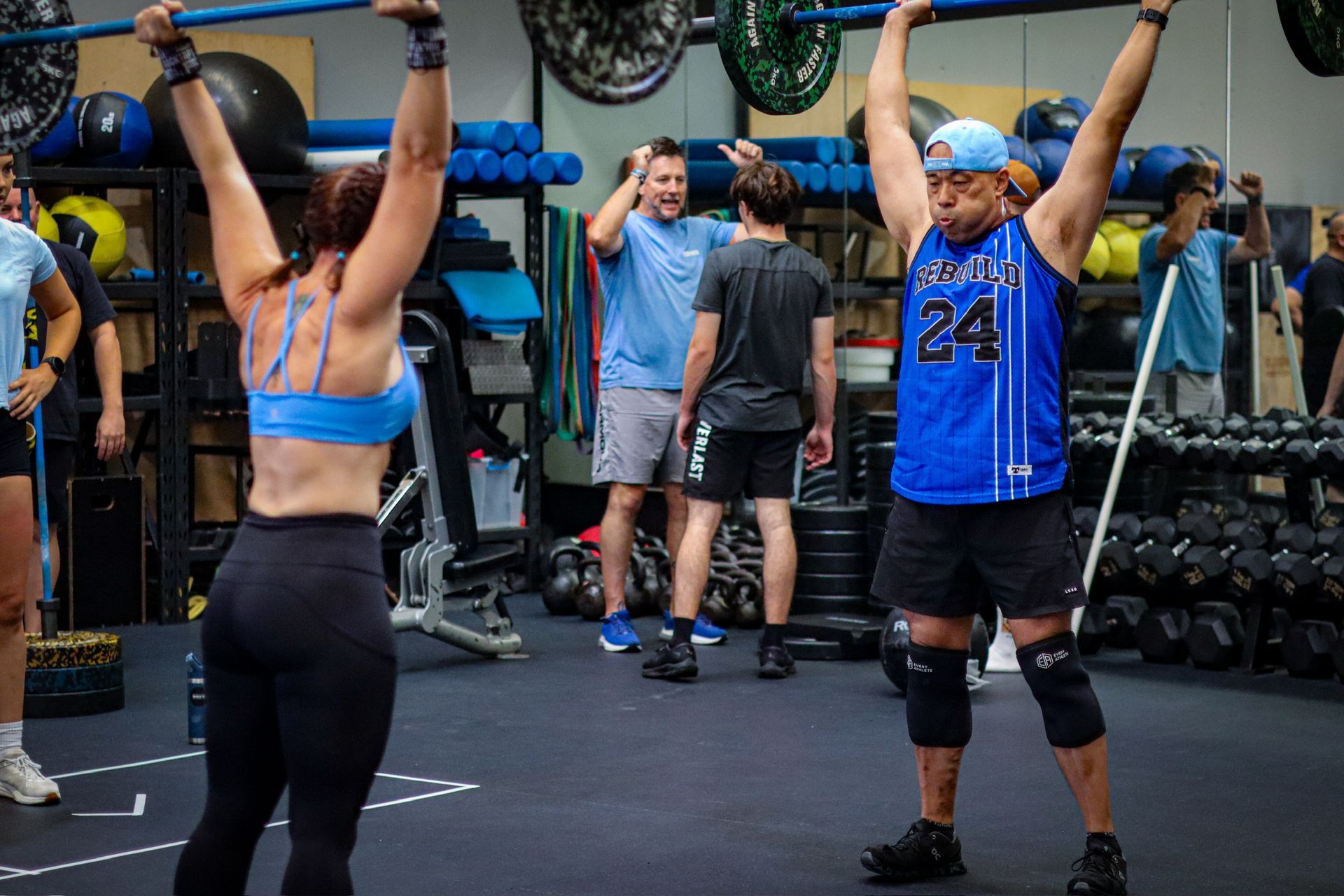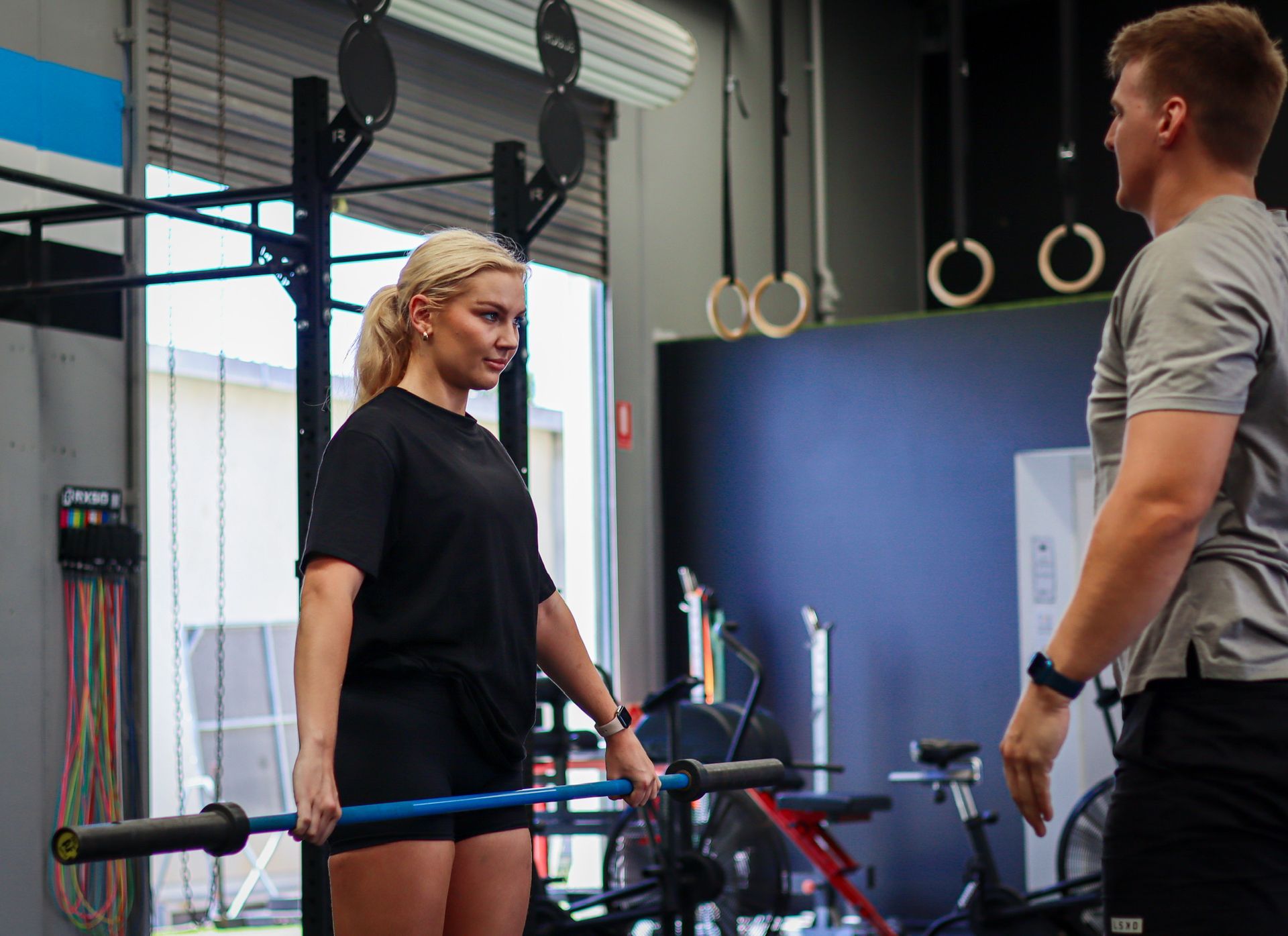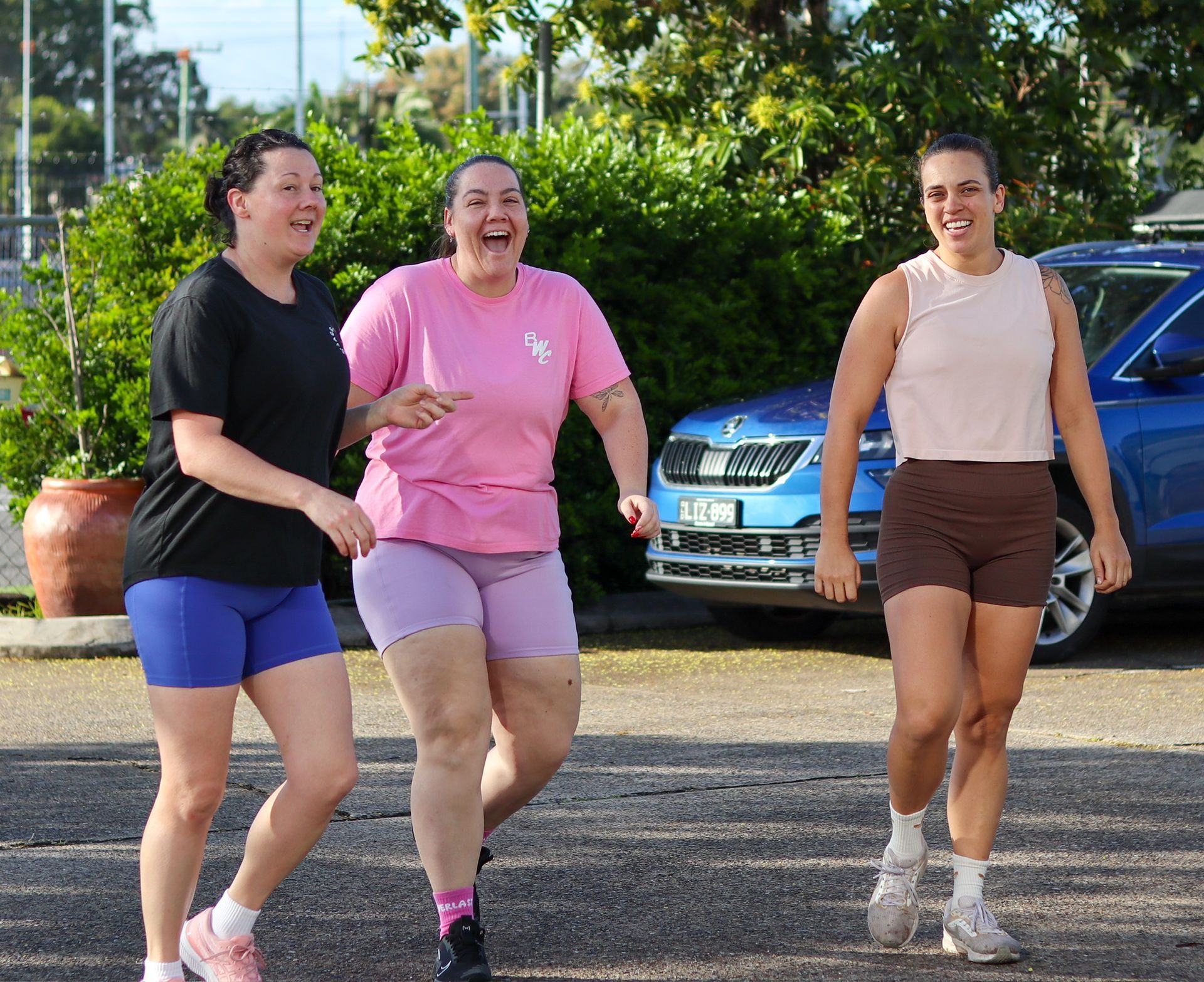Maximising Human Potential: How To Build Better Bodies
As humans continue to evolve, we see world records broken across multiple sports and specialties. It goes to show, what humans are really capable of. But how do these humans keep adapting and improving constantly? We discussed building better bodies, and maximising human potential with coach and gym owner, Brandon Hasick, who also provides coaching to those wanting to train others.First step is to startTo do anything in life, to achieve something, what’s first required is the will to begin. Once you take that step, you can then progress further and take on new challenges. “It's like you want to start basic and then move towards complexity later on, and you can always add layers,' says Brandon. 'You’ve got to understand the macro; you only figure out something by doing it.“Most of it is about mental resilience. When people say, ‘I can't do this,’ it's often fun to say, ‘yet’ after, and they started to change their perception of what they can and can't do. If someone's done it before, then you can definitely do it after them.”Brandon says he believes everything is a skill, and therefore, everything can be learnt; what matters is the effort you put in to prioritise the learning. “For example, language; how many people in the world can speak multiple languages? There is a massive percentage of people who’re either born in families that speak two languages and they learn, or there are people that learn languages later on in life. 'It’s not like you can't do it, it’s whether or not you prioritise the time and the effort. Another beneficial factor is your environmental context, such what you've done in the past is going to make the learning process easier or harder,” he adds.The only thing keeping people away from learning new skills or bringing in change in their lives is the process and the uncertainty that goes hand in hand with that. Learning or developing new routines may take one person longer than the other – a fact we’re not willing to accept. Coach James agrees, outlining how challenges are where growth happens - when people are under duress. “Anything you do, it’s going to be a level of a challenge to it. 'Take the difference between people running the ultramarathons and people running the 3Ks; people are always like, ‘Oh, I'm never going to be able to do that,’’ but the person who started running the ultramarathons never thought they could do that either. But we just don't comprehend the 6-10 years of training that's led them to be able to achieve that.' And it’s because they were willing to put in the time and the effort that’s brought them to a point where they’ve ultimately been able to reach a peak.'If you want to improve and reach your potential, the time is now.
Previous Blogs




